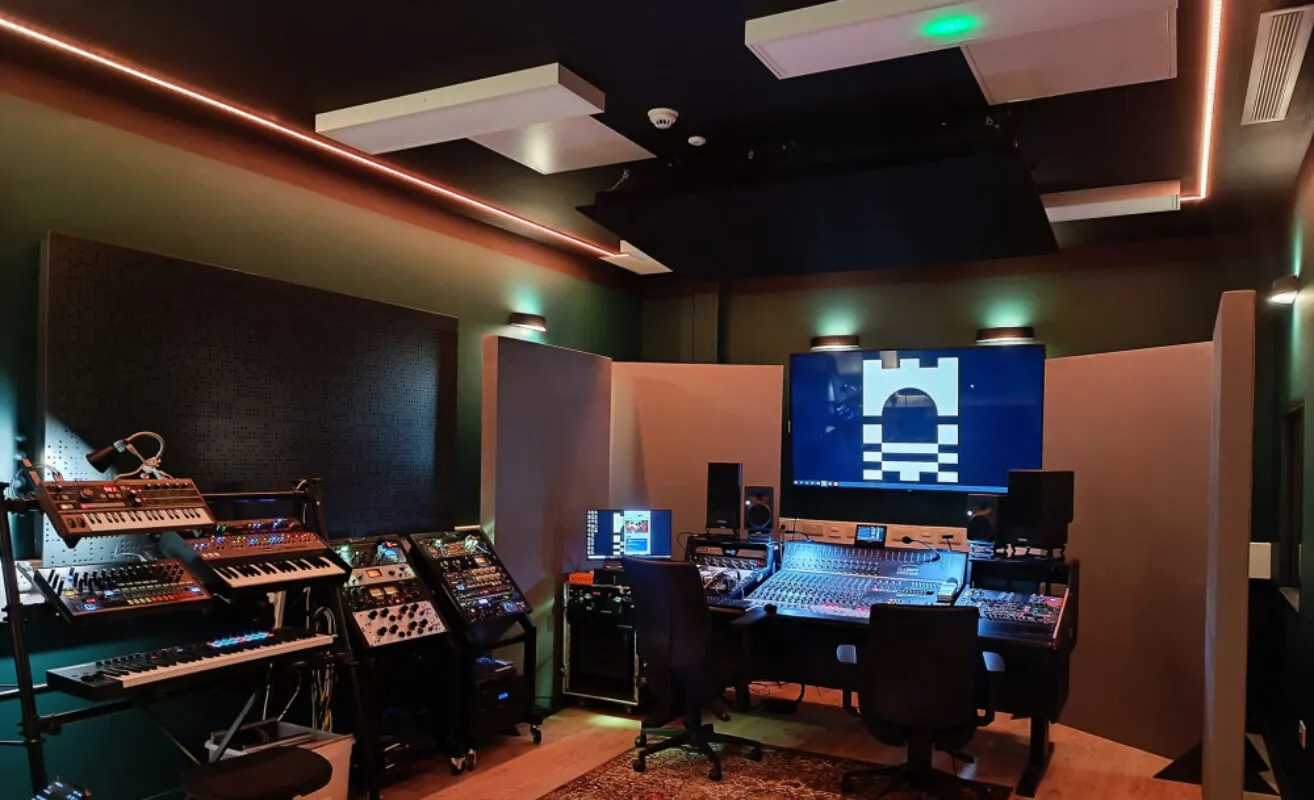Entry Requirements
Applicants should hold a Bachelor of Science in Music and Sound Engineering at Level 7, or an equivalent qualification.
Course Search
Courses
Admissions & Support
Course Search
Our Services
Our Community
Course Search
Professional Services
Campus: Athlone
years: 1
Fees: N/A

What is this course about?
This one-year add-on will continue to develop students theoretical and practical knowledge gained from the Bachelor of Science in Music and Sound Engineering, Level 7, or from another similar programme.
These continuing studies will provide more opportunities for students to develop and exhibit the knowledge, skills and competencies to become highly skilled in the area of Music and Sound Engineering in respect to the professional creative industries.
Why take this course?
As a Music and Sound Engineering student, you will be involved in a wide range of industry-specific assignments and practical work across this add-on which encompasses sound engineering, audio programming, and other creative professional development studies that are necessities for working in the creative industry.
This diversity aims to give graduates of the programme a range of real skills and the flexibility required to work within a highly competitive creative industry, and on completion of the course, you will have assembled an impressive portfolio of industry-related work to take forward into your career.
Music and Sound Engineering students also have unrivalled access to industry standard equipment and software in state-of-the-art facilities based in one of Ireland’s most prestigious Technological Universities, right in the heart of Ireland.
Being a musician is not a pre-requisite for entry, so the Music and Sound Engineering course is suitable for all candidates.
Applicants should hold a Bachelor of Science in Music and Sound Engineering at Level 7, or an equivalent qualification.
Sound Engineering 4
Audio Programming
Capstone Project
Audio Visual Composition
Working in the Creative Industry
Working within the very competitive creative industry requires graduates to have a very driven attitude and to most likely have a ‘blended income portfolio’ i.e., to have several different revenue streams from different work opportunities within the creative industry. It is usually not an industry that seeks out qualified individuals, rather it is the individual that must seek the opportunity out. It is the drive and determination to identify and take these opportunities that the Music and Sound Engineering course aims to instil in all graduates.
Graduates from the programme will be qualified to assume a technical position(s) in the following areas of the professional Creative Industry: Recording Studio Sound Engineer, Live Sound Engineer, Broadcast Sound Engineer for Radio & TV, Foley Artist, Audio Visual Technician for TV & Film, Video Game Audio Technician, Multi-Media Sound Designer, Event Organiser, Instrument Building & Maintenance Technician, Business Entrepreneur, Music Producer, Acoustician, Audio Coding Developer, Audio Visual Artist. This is not an exhaustive list and graduates might find new niches and positions within the professional creative industry in which to work.
Athlone Campus CAO mailing list
Click here